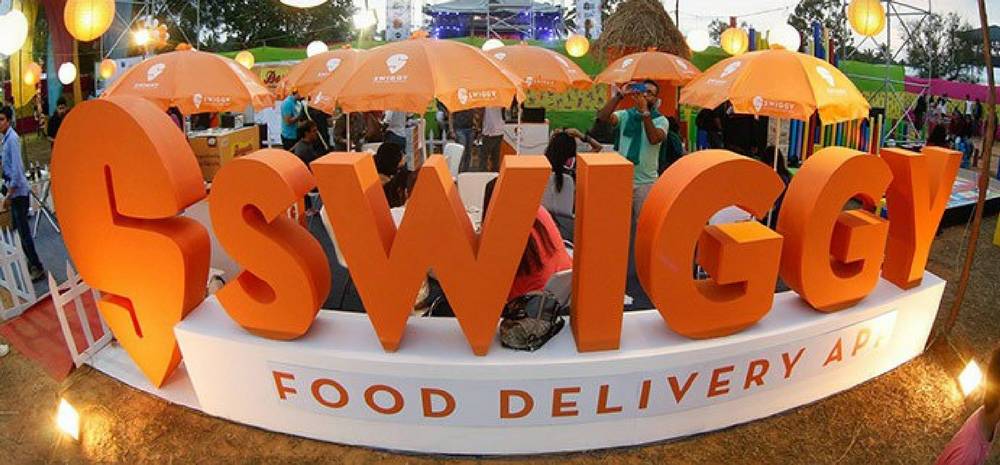Swiggy’s Cloud Kitchen Disruption: 15 Lakh Orders/Month, 7000 New Jobs, Rs 250 Cr Investment

The problems that the National Restaurant Association of India (NRAI) is facing with food aggregators like Swiggy and Zomato is showing no signs of relief. Just some days after progressing with the #Logout campaign against such online dine-in services, Zomato inaugurated its Zomato Gold policy for delivery platforms.
This whole one-sided acuusations of dine-in restaurants with such online food aggregators have still not sublimed yet and we hear another such food aggregator highlighting its next move, which will surely be a matter of discussion for such parties.
Swiggy To Extend ‘Cloud Kitchen’ Services
In November 2017, Swiggy launched its ‘Swiggy Access’ service, which creates new avenues of supply—restaurants, cuisines, and kitchens—in hyperlocal zones within a city, where the supply falls short of the demands.
Today, the food delivery platform Swiggy engages about 1.5 million orders a month from over 500 such cloud kitchens in 14 cities through this Swiggy Access, which allows restaurants to host delivery-only kitchens in new geographies where they don’t operate.
The startup has already invested around Rs 175 crore into this cloud kitchen business since its launch and plans to invest another Rs 75 crore by March 2020. As per Vishal Bhatia, CEO, New Supply, Swiggy, Swiggy Access will enter 12 new cities by next year.
Swiggy has created over 8,000 new in-house jobs under its cloud kitchen product and aims to create another new 7,000 jobs across the new cities it is looking at next year.
More About ‘Access Kitchens’
At a city level, this Access kitchen focuses on 4 kilometer zones, expanding new kitchens within these zones. Today about 15-20% of overall order volumes in these zones come from Access kitchens. The main agenda of Swiggy Access is enabling restaurant partners to enter new geographies, providing them with new suppliers and infrastructure along with it.
Not just this, Swiggy has also been making significant investments in “pods” to solve for the supply gaps in the country. It shall scale up these pods to be within a 10-minute reach of 99% of its consumers.
The delivery platforms house more than 250 unique restaurant brands on its Access kitchens currently and Swiggy is expanding for more. It has already leased out more than a million square feet in property space to house Access kitchens.
How Could it Affect Dine-In Restaurants
We’d recently filled you in with the details that after the go-ahead from the Minister of Commerce and Industry Piyush Goyal, the NRAI listed their grievances against Zomato and Swiggy and handed it over to him on October 21.
The ministry is concerned about the effects of deep discounting practices on small businesses, deciding to look into the food aggregators. Now, with matters like these, it becomes absolutely futile for Swiggy to take such a step, especially in the eyes of dine-in restaurants.
So restaurant brands currently pay anywhere between 10-30% in commissions per order to food aggregators like Swiggy and Zomato. Also, Swiggy’s closest competitor, Zomato is stepping up cloud kitchens model mostly in smaller cities.
Currently, over 90% of India’s organized food services market is dine-in with delivery now at 8% (estimated sales of ?12,140 crore), according to a 2019 report compiled by the NRAI. With food aggregators stepping up investments into cloud kitchens, restaurants are expected to give up more of its business to the delivery-only model.
This will surely result in an added pressure on the dine-in businesses.

Comments are closed, but trackbacks and pingbacks are open.